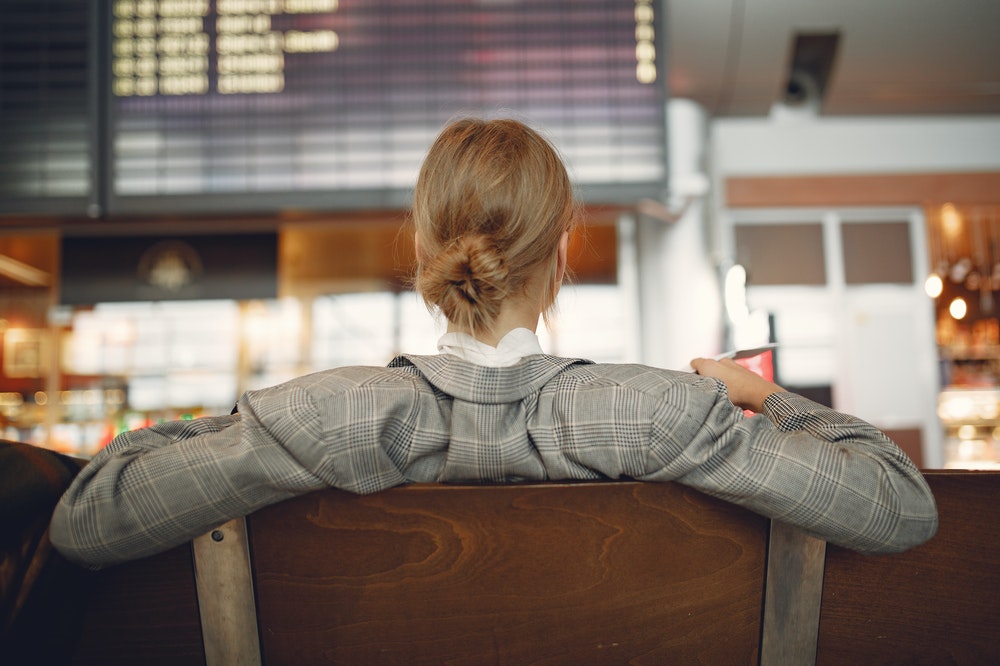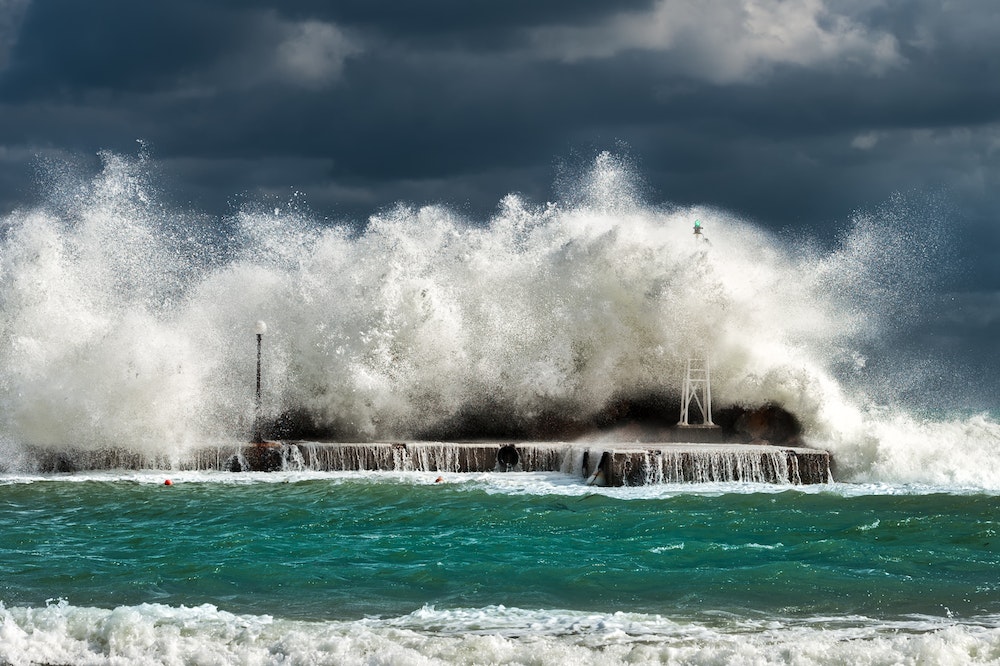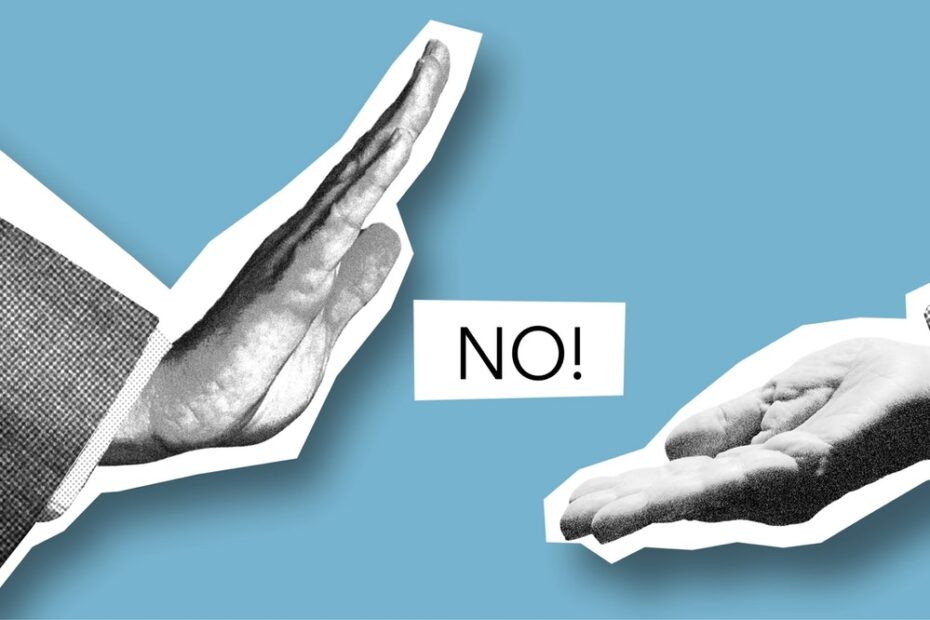Your Transavia compensation claim is rejected. What now?
Dealing with such a situation can be overwhelming, particularly when you’ve processed the request for Transavia compensation independently and aren’t entirely sure of your right to compensation. So, what should you do now? Is it even worthwhile to pursue? The answer is absolutely, it’s worth pursuing. A flight compensation company can handle it for you. However, it’s not your only recourse.
You also have the option to continue advocating for your rights on your own.
Your Transavia Compensation Claim Is Denied. What’s Next?
Your Transavia compensation claim is rejected. What now?
There are alternative methods to obtain compensation from Transavia.
But initially, before escalating matters, it’s crucial to revise the legislation and reacquaint yourself with your entitlements.
1. Collaborating With Flight Compensation Firms
The simplest route is to collaborate with a flight compensation firm.
Just complete an online form, supply them with copies of your boarding pass and passport, and submit the claim. They handle the rest, alleviating you from any further concerns. You don’t need to interact with Transavia again. If there are additional inquiries, something only you can provide, the flight compensation firm will contact you.
The only disadvantage is the service charge. The typical flight compensation companies demand around 25-45% of the compensation.
Our partners offer such services.
When choosing this option, here is all you will have to do:
And that’s it — the rest is handled by professionals.
* Your boarding pass and passport or ID copy.
What is the cost?
Typically, the cost is about 25 to 45 percent of the compensation. The remaining amount is sent to you. If you do not receive any compensation, you won’t have to pay anything.
Read more:
- How to Claim Transavia Compensation?
- Your Transavia Refund Is Taking Forever. What Can You Do About It?
2. Engaging with the NEB of the Country Your Flight Originated From
Collaborating with a flight compensation firm isn’t the only solution.
Engaging with the NEB (National Enforcement Bodies) should be your following move after you have tried reaching out to the airline independently and have either been denied or not received a response at all. This service is free. However, it’s not as straightforward as working with a flight compensation firm, and it may consume a lot of time. Typically, they take at least 2 months to process your compensation request.
The major drawback is that receiving a positive response to your request does not guarantee that you will receive compensation. Transavia might still reject the request.
You can locate a list of the National Enforcement Bodies here.
The National Enforcement Bodies assist passengers in the event of denied boarding, flight delay or cancellation, as well as enforces the regulation Regulation (EC) 261/2004 and makes sure passengers are treated according to these rules.
3. Escalating the Matter to Court
Your Transavia compensation claim is rejected.
The next step is to escalate the issue to court.
It’s highly recommended to await a positive verdict from the NEB prior to this step. This because having a positive ruling will significantly support your case against the airline (Transavia in this case).
While this is the most complex option, it’s also one of the most effective. Prior to taking your complaint to court, ensure your claim is valid. Reevaluate your rights and construct your argument. Only then can you be certain that it’s worth elevating it to court. If you have a verdict from the NEB indicating that you are entitled to compensation, include it in your court documents.
Bear in mind, escalating your complaint to court will incur costs.

Extraordinary Circumstances
Frequently, airlines avoid being transparent about the reason for denying your claim.
They provide you with a superficial explanation, and that’s the end of it.
They’re fond of attributing “everything” to extraordinary circumstances.
The rationale behind this is straightforward, disbursing compensation isn’t profitable for any business. Hence, airlines strive to evade compensation payouts. They’re aware that most passengers aren’t thoroughly informed about their rights, and this is exploited to their advantage. Be skeptical when you hear this term next time.
According to EU regulation 261/2004, airlines are exempt from compensating for flight disruptions caused by extraordinary circumstances. Extreme weather, political instability, and hidden manufacturing defects are considered as extraordinary circumstances. That’s right, only hidden manufacturing defects are deemed extraordinary circumstances.
Most technical issues and glitches are considered the responsibility of the airline.
Also, adverse weather isn’t always an extraordinary circumstance. Sometimes, the weather conditions are completely predictable. For instance, snowfall during the winter months (unless it’s an uncommon occurrence in that region). In such scenarios, the airline is expected to take the necessary measures to ensure timely flight operations.
Discover the genuine reason behind the delay or cancellation. It’s important.

Under What Circumstances Can You Claim Flight Compensation From Transavia?
There are various circumstances when you can apply for flight compensation. These encompass flight delays, cancellations, and scenarios where boarding is denied due to overbooking.
1. Flight Delays
In accordance with EU regulation 261/2004, you stand eligible for compensation if your flight reaches its intended destination exceeding a delay of three hours.
The amount of compensation hinges upon the extent of the delay and flight distance. For instance, if your journey from Amsterdam to Paris, a brief distance less than 1,500km, experiences a delay of four hours, you are entitled to receive €250 as compensation.
Read more: Transavia Flight Delay Compensation
2. Flight Cancellations
If you face a situation where your flight is cancelled without a minimum prior notice of 14 days, you qualify for compensation. Such scenarios are called ‘last-minute flight cancellations‘.
The compensation sum depends on the flight distance and delay in arriving at your final destination. For example, if your journey from Amsterdam to Dubai, a lengthy distance exceeding 3,500km is cancelled without adequate notice, and you reach your final destination late by more than four hours on a replacement flight, you are entitled to a compensation amount of €600.
You may also opt for a Transavia refund, instead of an alternative flight.
Read more: Transavia Flight Cancellation Compensation
3. Denied Boarding Due to Overbooking
Occasionally, airlines overbook flights anticipating some passengers to be absent.
If you are denied boarding due to overbooking and you do not willingly relinquish your seat, you qualify for compensation.
The compensation sum is determined by the flight distance. Suppose you are traveling from Amsterdam to Lisbon, a moderate distance between 1,500km and 3,500km, and you are denied boarding on account of overbooking. If you arrive at your final destination late by more than three hours, you are entitled to a compensation amount of €400.
Read more: Transavia Denied Boarding Compensation
Do you have more questions on what to do if your Transavia compensation claim is rejected? What is your experience with Transavia compensation claims? Did you take the case to NEB or court?
